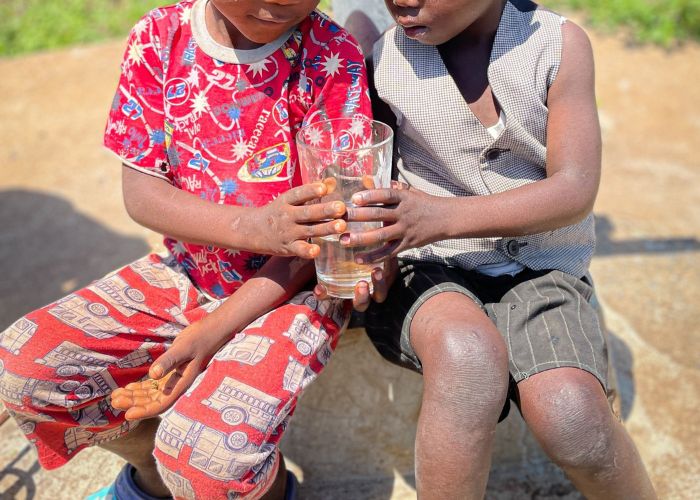
International Day of Education 2023
The International Day of Education calls for the prioritisation and celebration of education that is inclusive and accessible to all. ‘Education is a human right, a public good and a public responsibility’ (UNESCO). The right to education is manifested in Article 26 of the Universal Declaration of Human Rights, calling for free and compulsory elementary education. This means that education is not a privilege, but a human right!
The cost of under-investment in education imperils our common future and the future of young people worldwide. Education plays a vital role in sustainable development, transforming economies, fighting intolerance and is the foundation for protecting our planet. It allows for the expansion of opportunities, ‘lifting excluded children and adults out of poverty and is a stepping stone to other fundamental human rights’ (UNESCO).
Currently, around 244 million children and youth are deprived of education worldwide as a result of social, economic and cultural factors. 98 million of whom are in Sub-Saharan Africa, the region with the highest out-of-school population. Less than 40% of girls in sub-Saharan Africa complete lower secondary school and some four million children and youth refugees are out of school. An estimated 771 million young people and adults worldwide lack basic literacy skills, of which two thirds are women (United Nations).
The United Nations adopted the 2030 Agenda for Sustainable Development in September, 2015, the international community recognized that education is essential for the success of all 17 of its ‘Sustainability goals’. Sustainable Development Goal 4, in particular, aims to “ensure inclusive and equitable quality education and promote lifelong learning opportunities for all” by 2030’ (United Nations).
1 in 3 schools lack access to basic water and sanitation. Sharing the burden with their mothers, children around the world, particularly girls, ‘spend 200 million hours each day collecting water’. This results in a lack of education, poor sanitation and increased chance of illness causing a large number of school days missed (Water.Org). ‘335 million female students do not have minimum requirements for water, sanitation and hygiene’ (UNESCO). Women and girls must have access to clean, private sanitation facilities to manage menstruation and maternity in dignity and safety. Drop4Drop recognises that access to clean water means children can look beyond the water crisis and ahead to bright futures during and after education.
Donate £3 to provide a child with clean water who is currently going without!